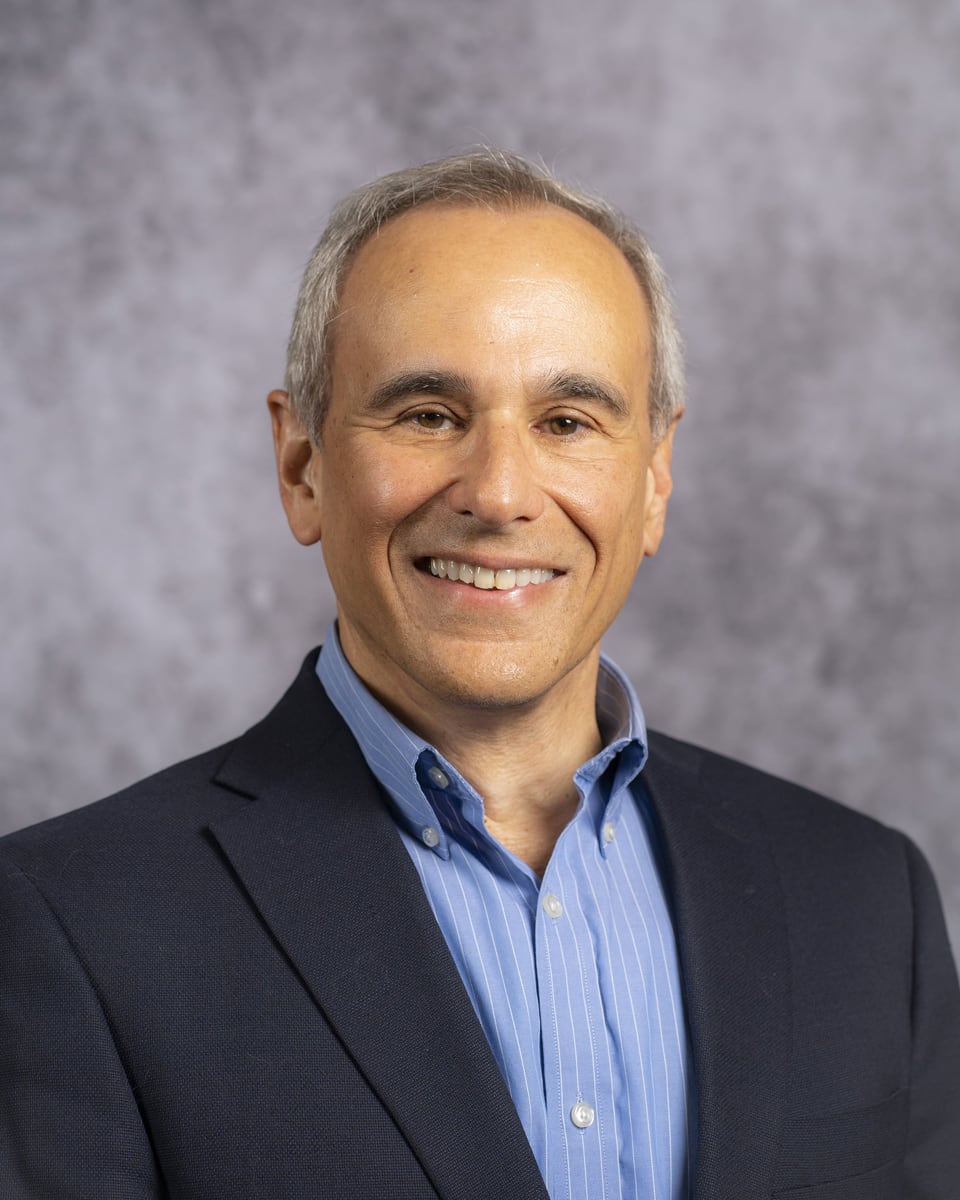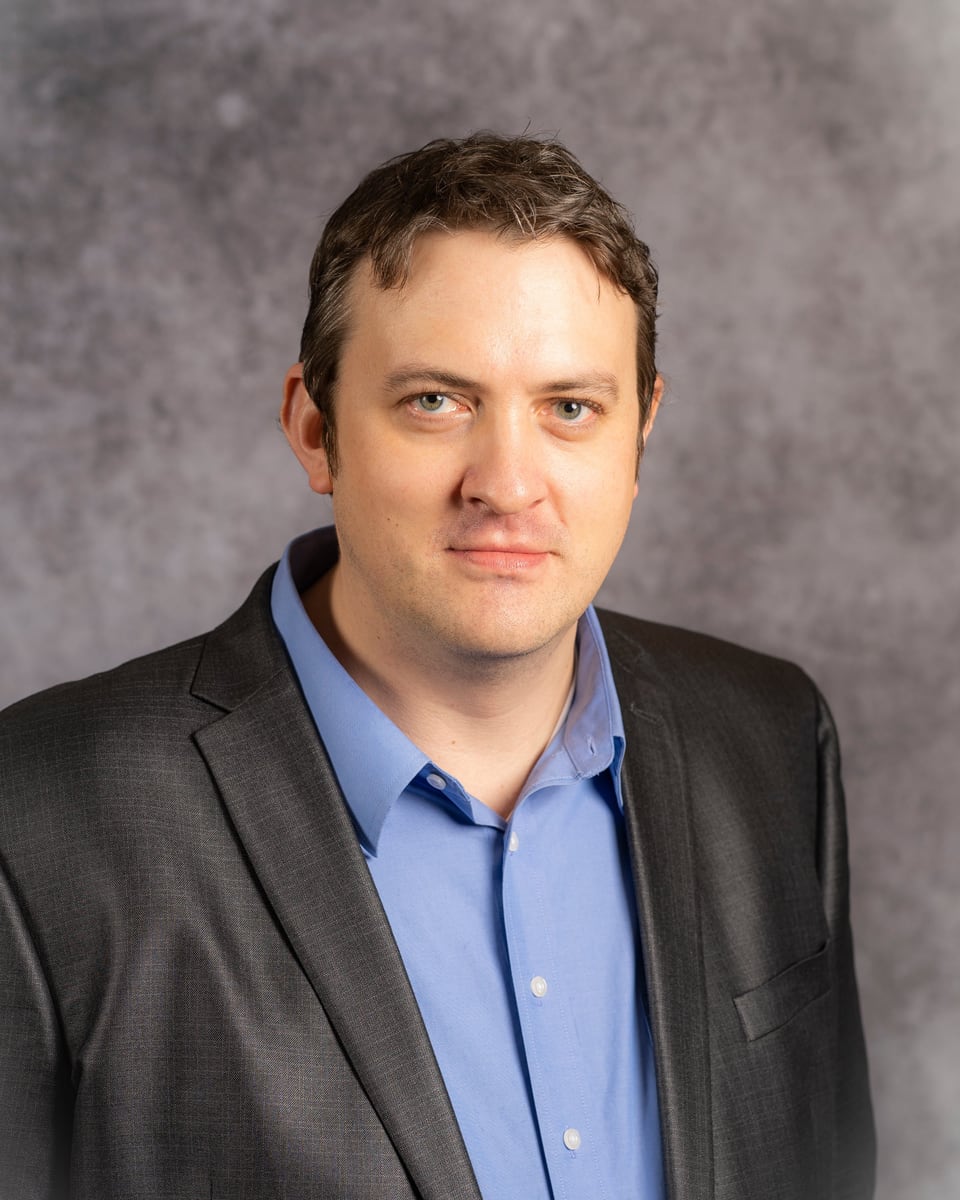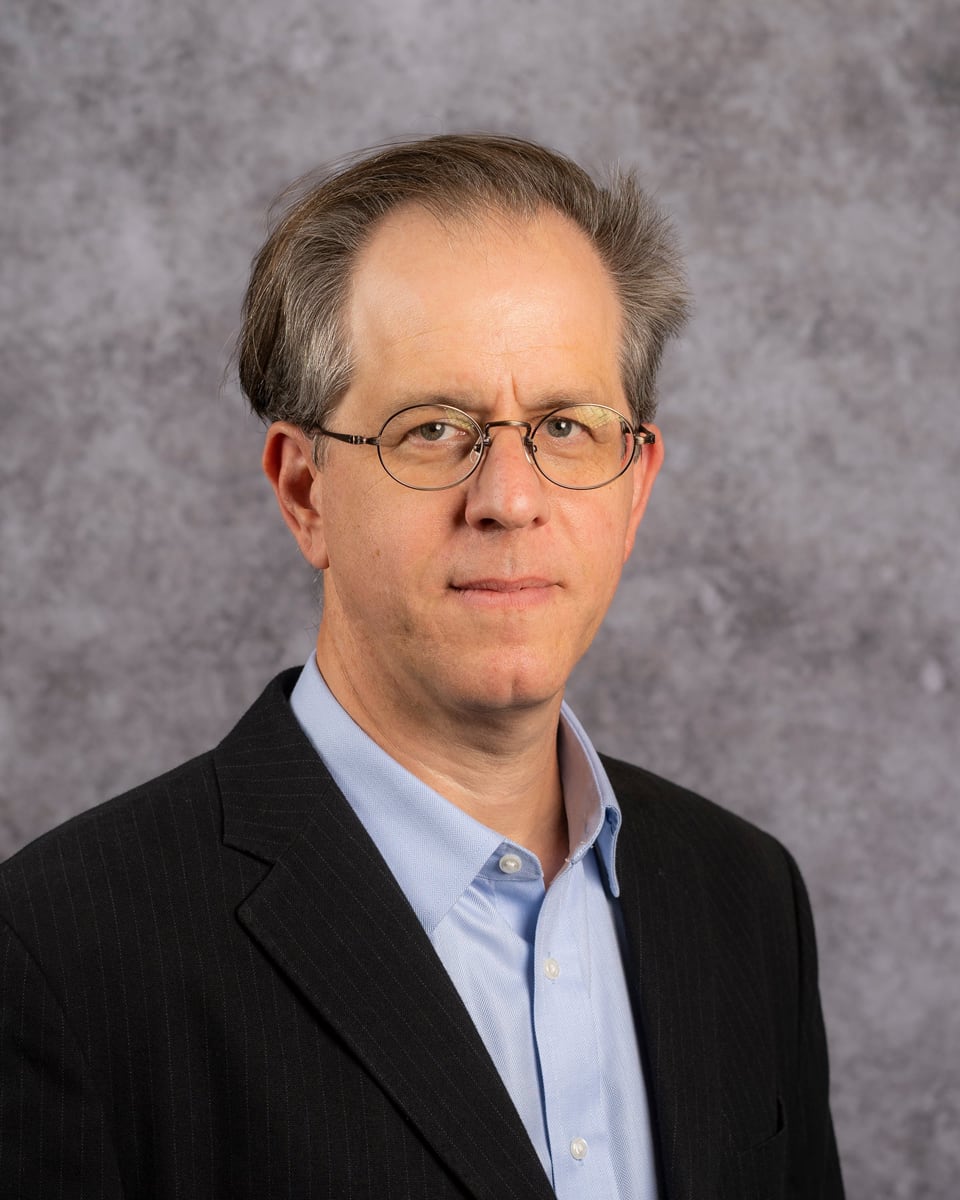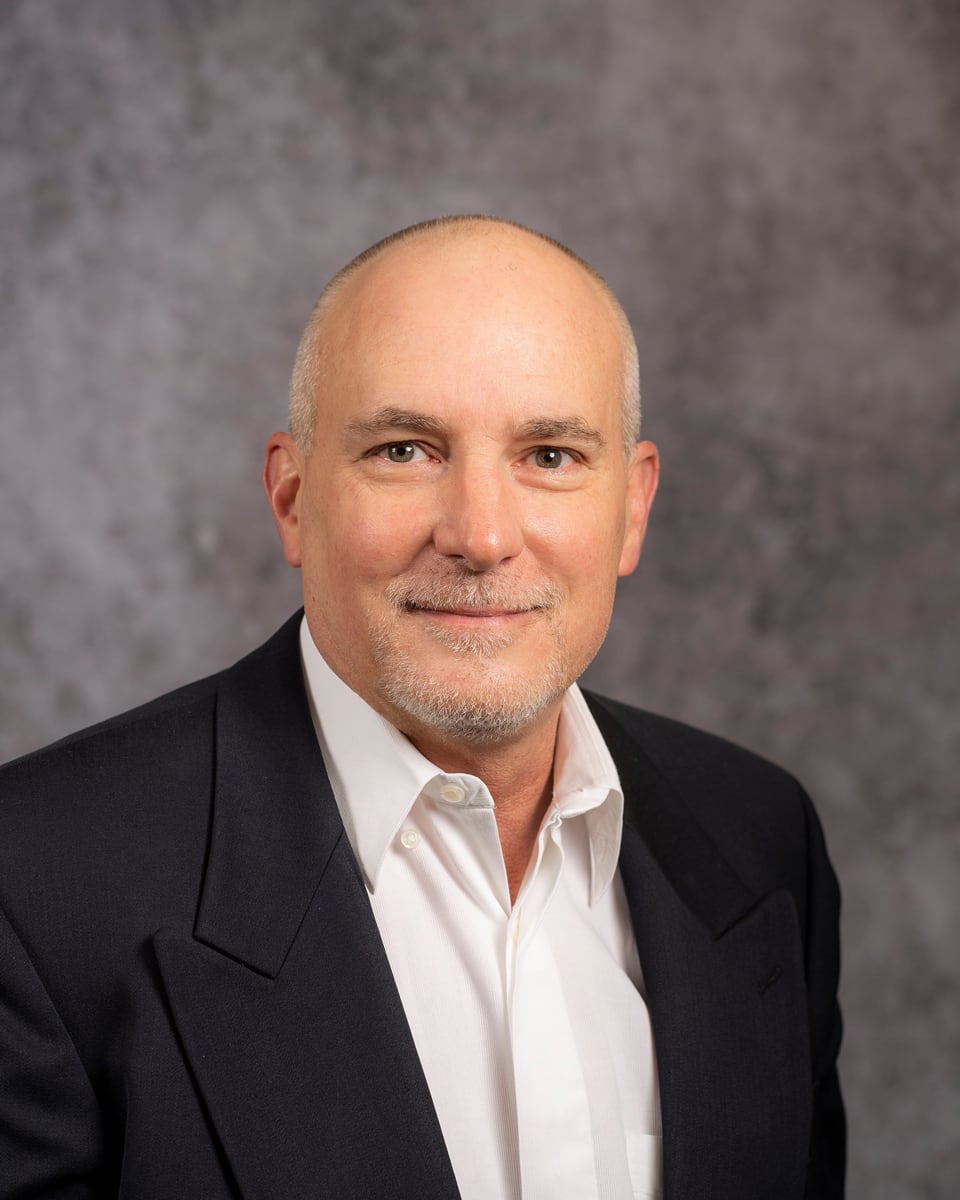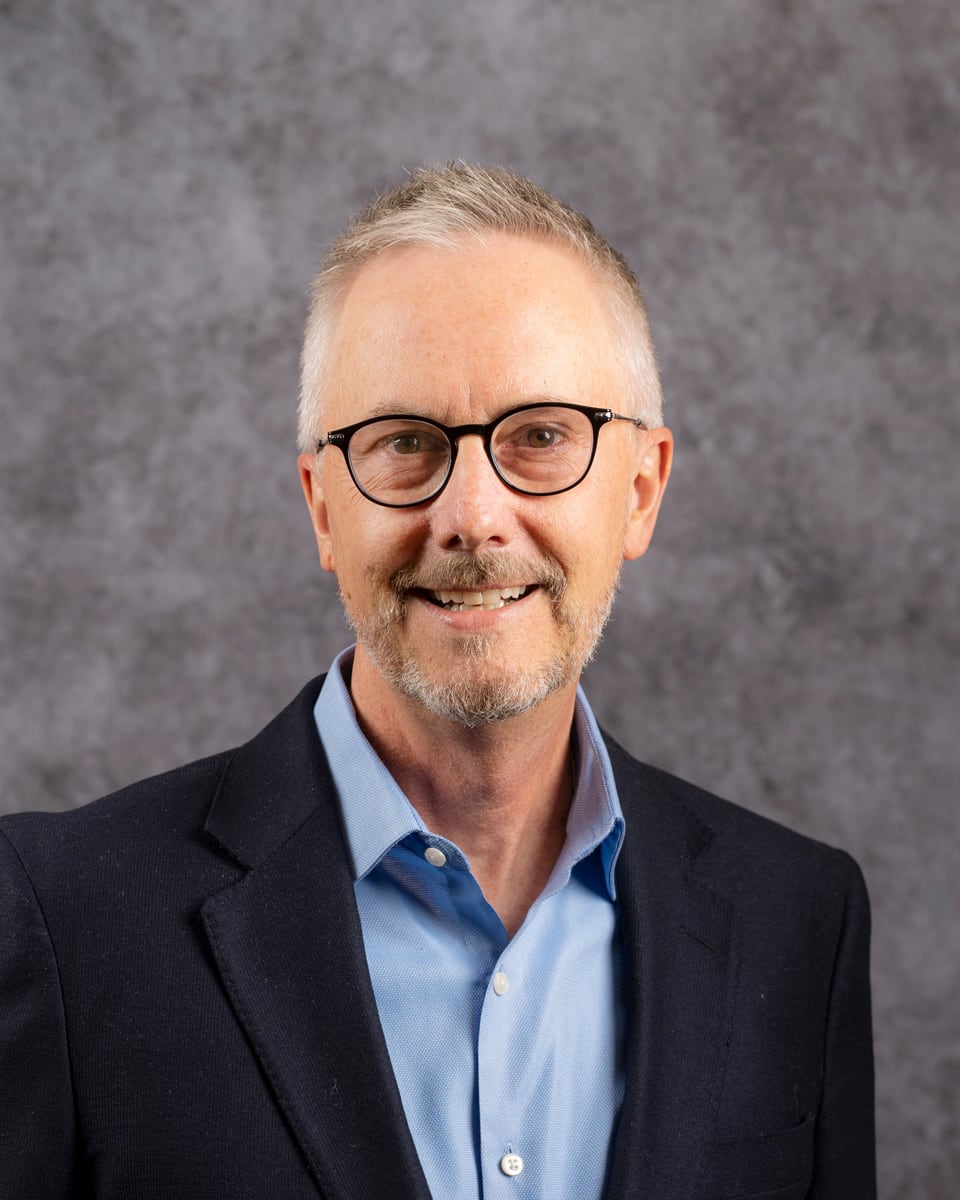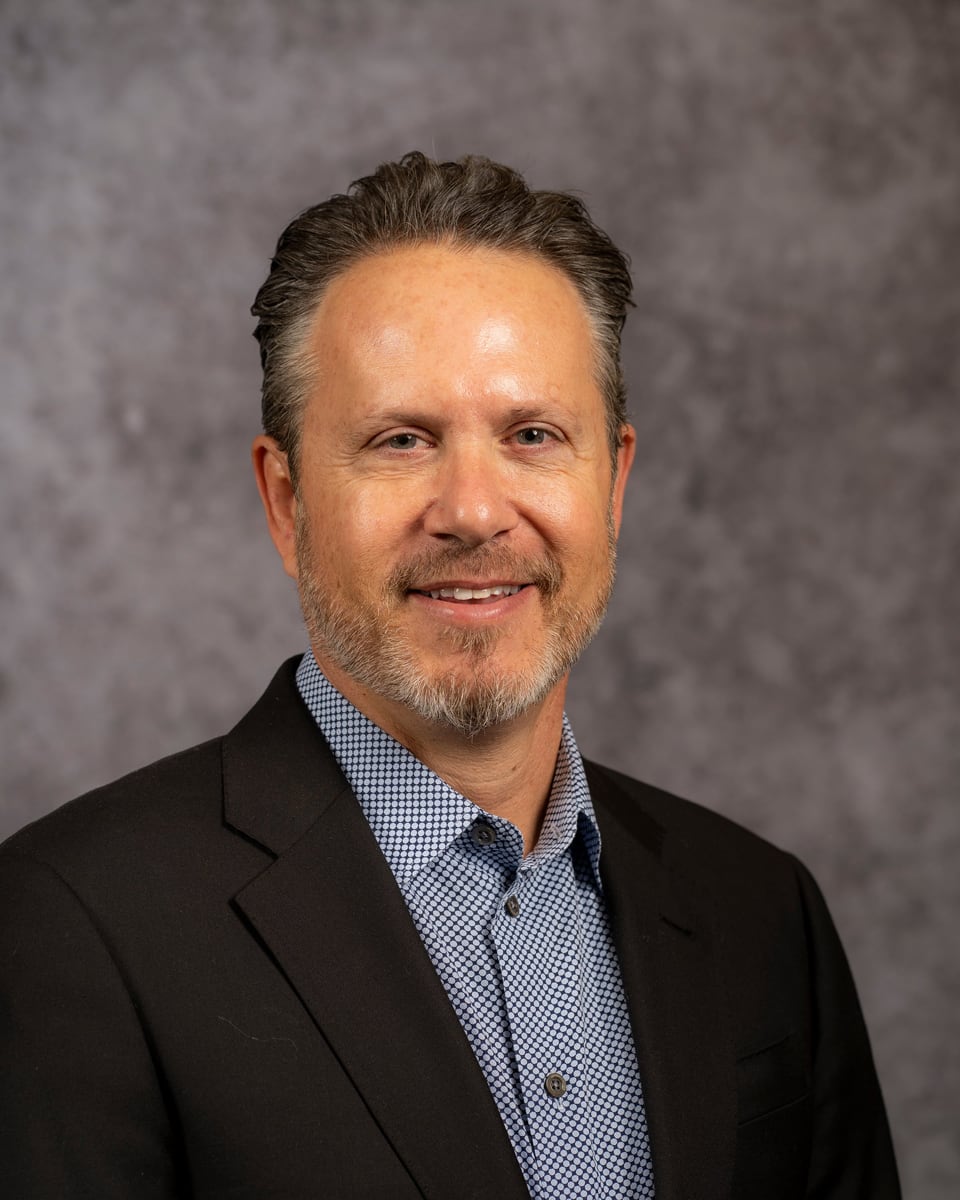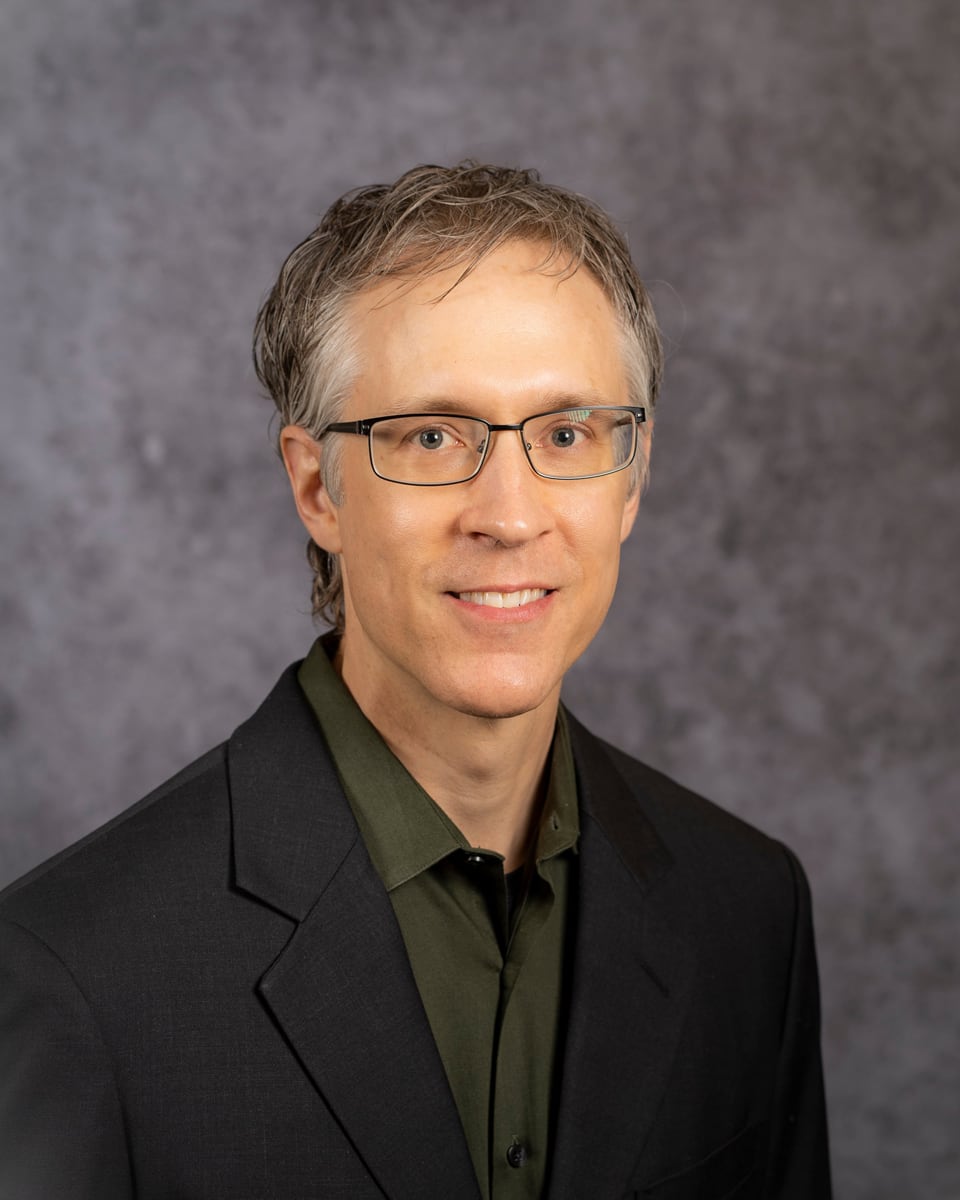3 Women Who Changed The Breast Cancer Conversation
At Cheyenne Radiology, we care deeply about women’s health. That’s why we are proud that our Women’s Imaging Pavilion has served so many women over the years.
During Breast Cancer Awareness Month, a lot of people will be talking about what it means to have breast cancer and what we can do about it, but for a long time, breast cancer hid in the shadows.
Let’s take a moment to celebrate three women in breast cancer history who helped bring this disease out of the shadows and empowered women to take control of their health.
Advocate for Cancer Research: Mary Lasker (1901–1994)
“If you think research is expensive, try disease!”
Cancer was once considered an incurable disease. In 1943, when a well-to-do housewife learned that her housekeeper was diagnosed with uterine cancer, she asked the American Cancer Society what research was being done to find a cure. At that time, the ACS only did fundraising for cancer detection awareness, not research.
Lasker leveraged her wealth and social connections to help create radio ads to promote donations to research. After her husband’s death from cancer in 1952, she dove headfirst into government lobbying to generate funds for the National Cancer Institute. Today, the ACS commits 25% of its budget to cancer research—a direct result of Lasker’s dedicated efforts.
Advocate for Patient Rights: Shirley Temple Black (1928–2014)
“The doctor can make the incision, I’ll make the decision.”
When former movie star and UN diplomat Shirley Temple Black was diagnosed with breast cancer in 1972, she was repulsed by what was considered standard procedure: when a lump was determined to be malignant during a biopsy, a radical mastectomy was often performed in the same procedure without the patient’s knowledge.
Black wrote passionately about her belief in a woman’s right to be the decision-makers in their own healthcare. Her article appeared in a popular woman’s magazine. It was one of the first times a public figure wrote about her breast cancer experience.
Black’s courage helped empower countless women to speak up and speak out.
Advocate for Body Acceptance: Audre Lorde (1934–1992)
“For every real word spoken, for every attempt I had ever made to speak those truths for which I am still seeking, I had made contact with other women while we examined the words to fit a world in which we all believed, bridging our differences.”
By the 1990s, we had come a long way from not being allowed to say the word “cancer” on air in the 1940s to speaking openly and honestly about the emotional and physical impact of breast cancer treatment.
Civil rights activist and writer Audre Lorde was among the first to question how we talked about women’s bodies and breast cancer. In an unflinchingly honest biographical account of her terminal breast cancer, The Cancer Journals, she criticized the idea a women who had a mastectomy was “less of a woman” and needed to either wear a prosthesis or undergo reconstruction to be physically and emotionally a “whole” woman.
Audre Lorde called tirelessly for women to band together, to celebrate the beautiful diversity of womanhood, and to make their own decisions about their health.
At Cheyenne Radiology, we encourage women to contribute their stories to the conversation and to take control of their health.
